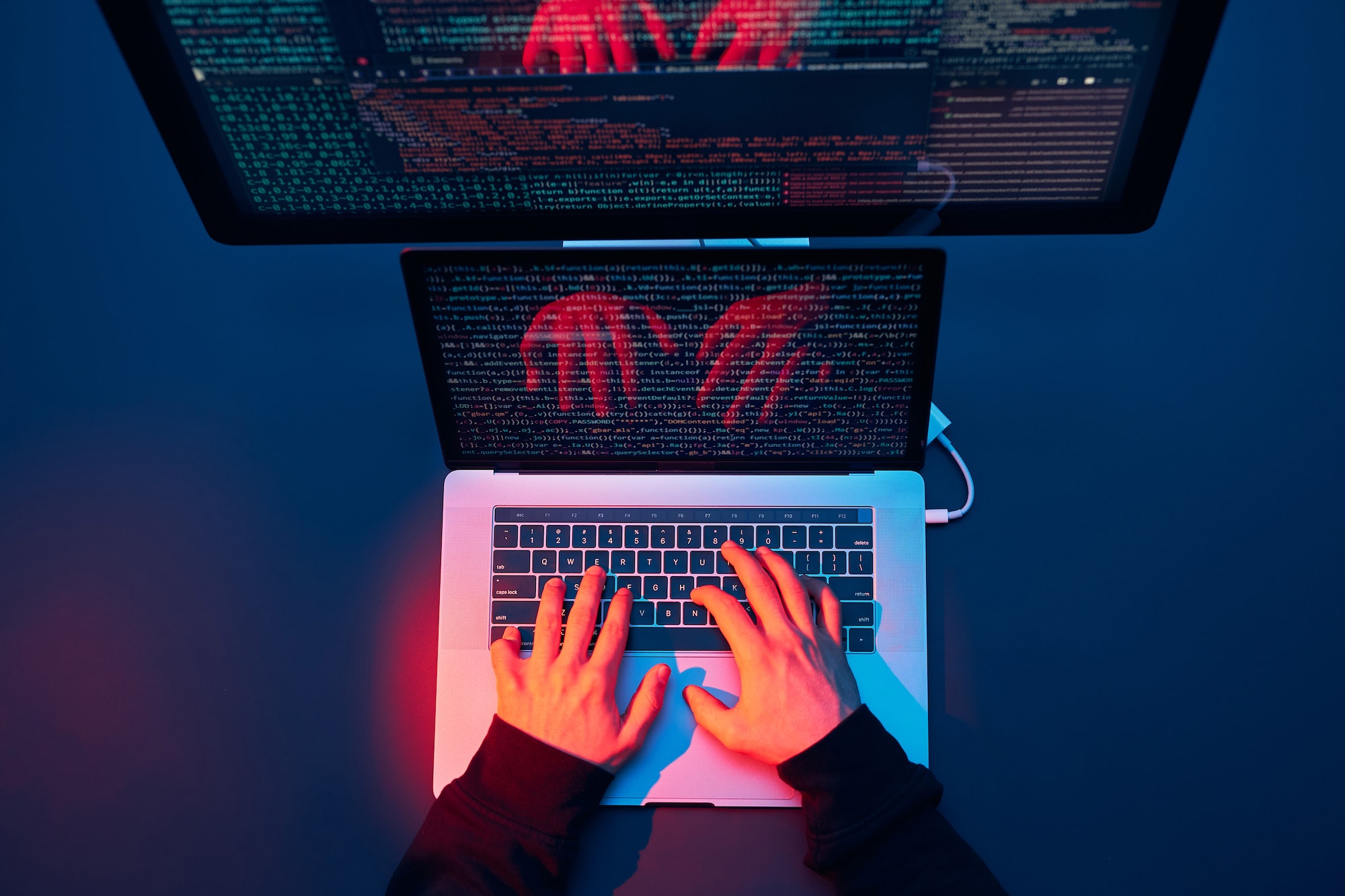I. Introduction
Cybersecurity is becoming increasingly important for businesses of all sizes. Cyber attacks can have a devastating impact on a business’s finances, reputation, and customer trust. In this article, we will explore common cybersecurity threats and best practices for keeping your business secure. We will also provide answers to 20 common questions that business owners and executives may have about cybersecurity.
II. Importance of Cybersecurity for Businesses
Cyber attacks on businesses are becoming more frequent and sophisticated. In fact, according to the 2022 Cost of a Data Breach Report, the average cost of a data breach for a company is $4.35 million. The negative impact of a cyber attack can be far-reaching, including damage to a business’s reputation, loss of customer trust, and potential legal consequences. It is important for businesses to take cybersecurity seriously and implement measures to protect against cyber attacks.
III. Common Cybersecurity Threats
There are many types of cybersecurity threats that businesses need to be aware of. Phishing attacks are one of the most common types of attacks, where attackers try to trick employees into providing sensitive information. Malware attacks, which involve infecting a business’s systems with harmful software, are also common. Ransomware attacks are becoming increasingly prevalent, where attackers demand payment to release a business’s data. Denial of service attacks involve overwhelming a business’s servers with traffic, rendering them unable to function. Finally, insider threats can come from employees or contractors who have access to sensitive information.
IV. Best Practices for Cybersecurity
There are several best practices that businesses can implement to improve their cybersecurity posture. First, employee training is critical to ensuring that employees are aware of potential threats and know how to respond appropriately. Second, businesses should implement a strong password policy that includes requirements for complexity and regular password changes. Third, regular software updates are important to patch vulnerabilities and protect against newly discovered threats. Fourth, regular backups of important data are essential in case of a data breach or system failure. Finally, encryption can help protect against unauthorized access to sensitive information.
V. 20 Questions on Cybersecurity
As a business owner or executive, you may have questions about cybersecurity and how to keep your business secure. Here are 20 common questions and their answers:
What is a data breach?
- A data breach occurs when sensitive or confidential information is accessed or stolen by an unauthorized individual.
What are some common causes of data breaches?
- Common causes of data breaches include human error, phishing attacks, and vulnerabilities in software or systems.
What is a phishing attack?
- A phishing attack is a type of social engineering attack where an attacker tries to trick an individual into providing sensitive information, such as login credentials or financial information.
How can I protect against phishing attacks?
- Employee training, implementing email filtering systems, and using multi-factor authentication can help protect against phishing attacks.
What is malware?
- Malware is a type of software that is designed to harm a computer system or network, steal data, or take control of the system.
What is ransomware?
- Ransomware is a type of malware that encrypts a victim’s data and demands payment in exchange for the decryption key.
How can I protect against malware and ransomware?
- Regular software updates, employee training, and using anti-malware software can help protect against malware and ransomware.
What is a denial of service attack?
- A denial of service attack involves overwhelming a server with traffic, rendering it unable to function.
How can I protect against denial of service attacks?
- Using content distribution networks (CDNs) and implementing firewalls can help protect against denial of service attacks.
What is encryption?
- Encryption is the process of encoding data so that only authorized individuals can access it.
How can I use encryption to protect my business?
- Encrypting sensitive data, using secure communication channels, and implementing secure access controls can help protect against unauthorized access.
What is multi-factor authentication?
- Multi-factor authentication requires users to provide two or more forms of authentication before accessing a system, such as a password and a fingerprint scan.
How can I implement multi-factor authentication in my business?
- There are several multi-factor authentication solutions available, including hardware tokens, software tokens, and biometric authentication.
What is a firewall?
- A firewall is a network security device that monitors and controls incoming and outgoing network traffic.
How can I implement a firewall in my business?
- Businesses can implement hardware or software firewalls to protect their network.
What is a vulnerability scan?
- A vulnerability scan is an automated scan of a network or system to identify vulnerabilities that could be exploited by attackers.
How often should I perform vulnerability scans?
- Vulnerability scans should be performed regularly, at least quarterly or whenever significant changes are made to the network or systems.
What is a penetration test?
- A penetration test is a simulated cyber attack on a network or system to identify vulnerabilities and assess the effectiveness of security measures.
How often should I perform penetration tests?
- Penetration tests should be performed at least annually or whenever significant changes are made to the network or systems.
How can I stay up-to-date on cybersecurity best practices?
- Subscribing to cybersecurity newsletters, attending industry events, and working with cybersecurity consultants can help businesses stay up-to-date on best practices.
Conclusion
As cyber attacks become increasingly common and sophisticated, it is important for businesses to take cybersecurity seriously. By implementing best practices and educating employees, businesses can reduce the risk of a data breach and protect against potential legal consequences. By answering the 20 questions provided, business owners and executives can gain a better understanding of cybersecurity and how to keep their businesses secure.
FAQs
What should I do if my business experiences a data breach?
- If your business experiences a data breach, you should immediately notify affected individuals and law enforcement. You should also work with a cybersecurity consultant to identify the cause of the breach and implement measures to prevent future breaches.
How much should I budget for cybersecurity?
- The amount that businesses should budget for cybersecurity depends on their size, industry, and level of risk. It is important to work with a cybersecurity consultant to assess your business’s specific needs and develop a budget accordingly.
What should I look for in a cybersecurity consultant?
- When selecting a cybersecurity consultant, you should look for experience, certifications, and a track record of success. You should also ensure that the consultant has a deep understanding of your business and industry.
Can I outsource my cybersecurity to a third-party provider?
- Yes, many businesses outsource their cybersecurity to third-party providers. However, it is important to ensure that the provider has a strong track record of success and is compliant with industry regulations.
How often should I update my cybersecurity policies and procedures?
- Cybersecurity policies and procedures should be updated regularly, at least annually or whenever significant changes are made to the network or systems. It is important to ensure that employees are aware of any changes to policies and procedures.
Get your cyber vitals assessed with Andy.

Want to see how your businesses cyber vitals are doing and how you can improve them with actionable insights? Get in touch with Andy to get started with improving your cyber vitality today.




